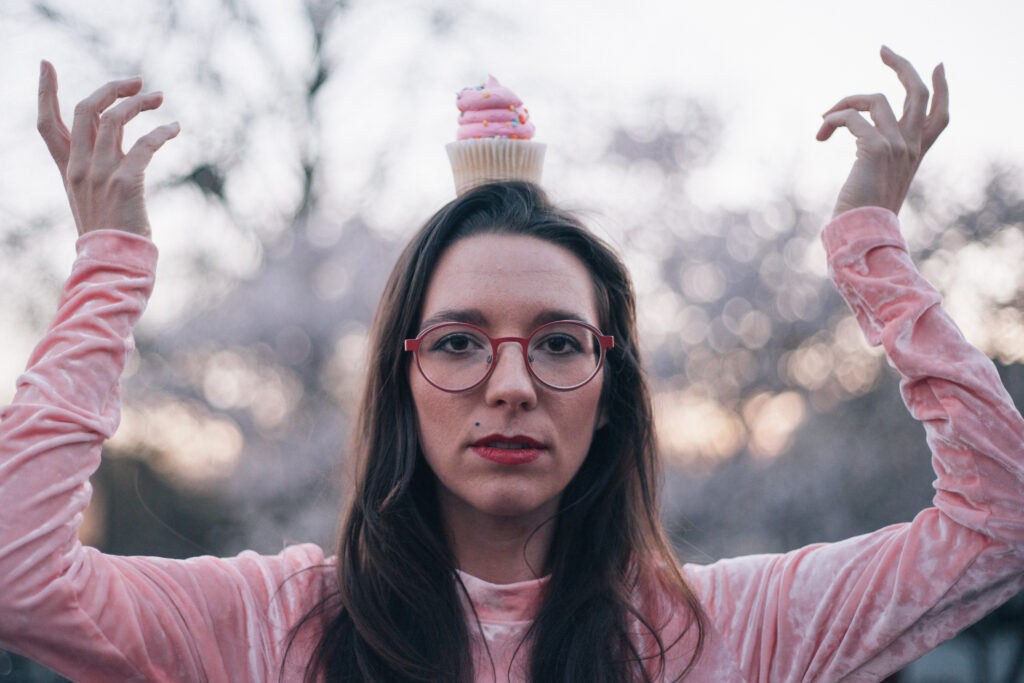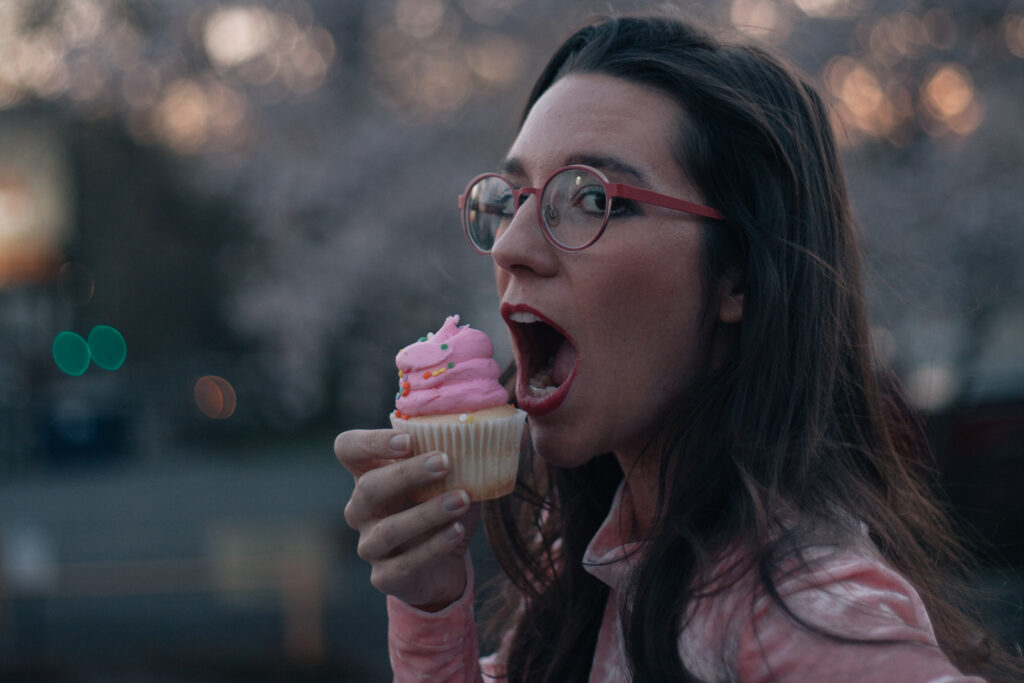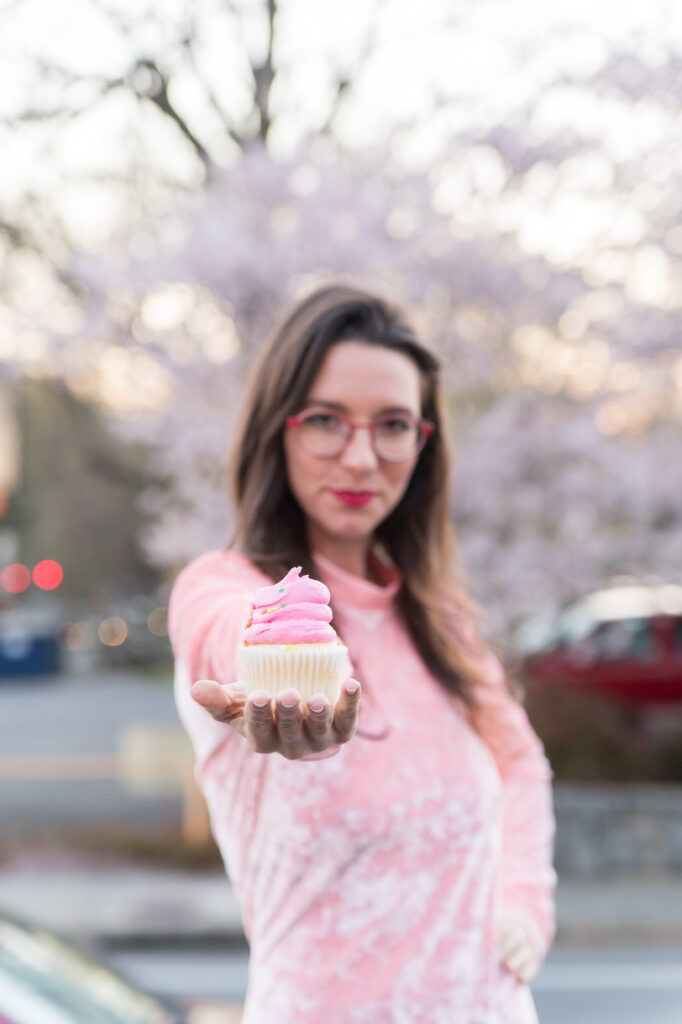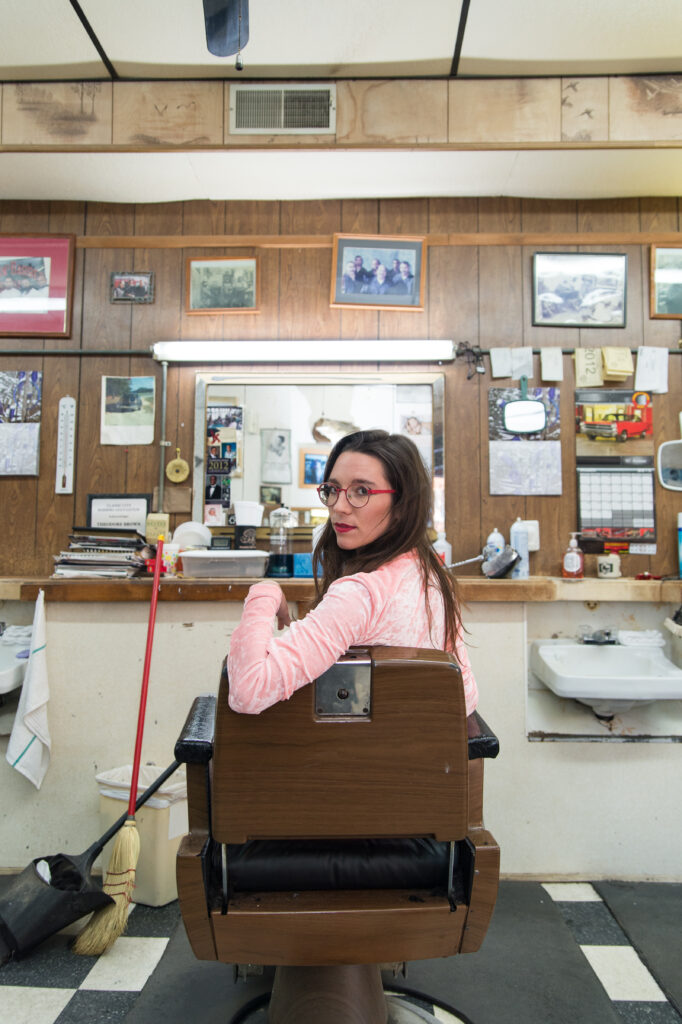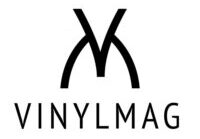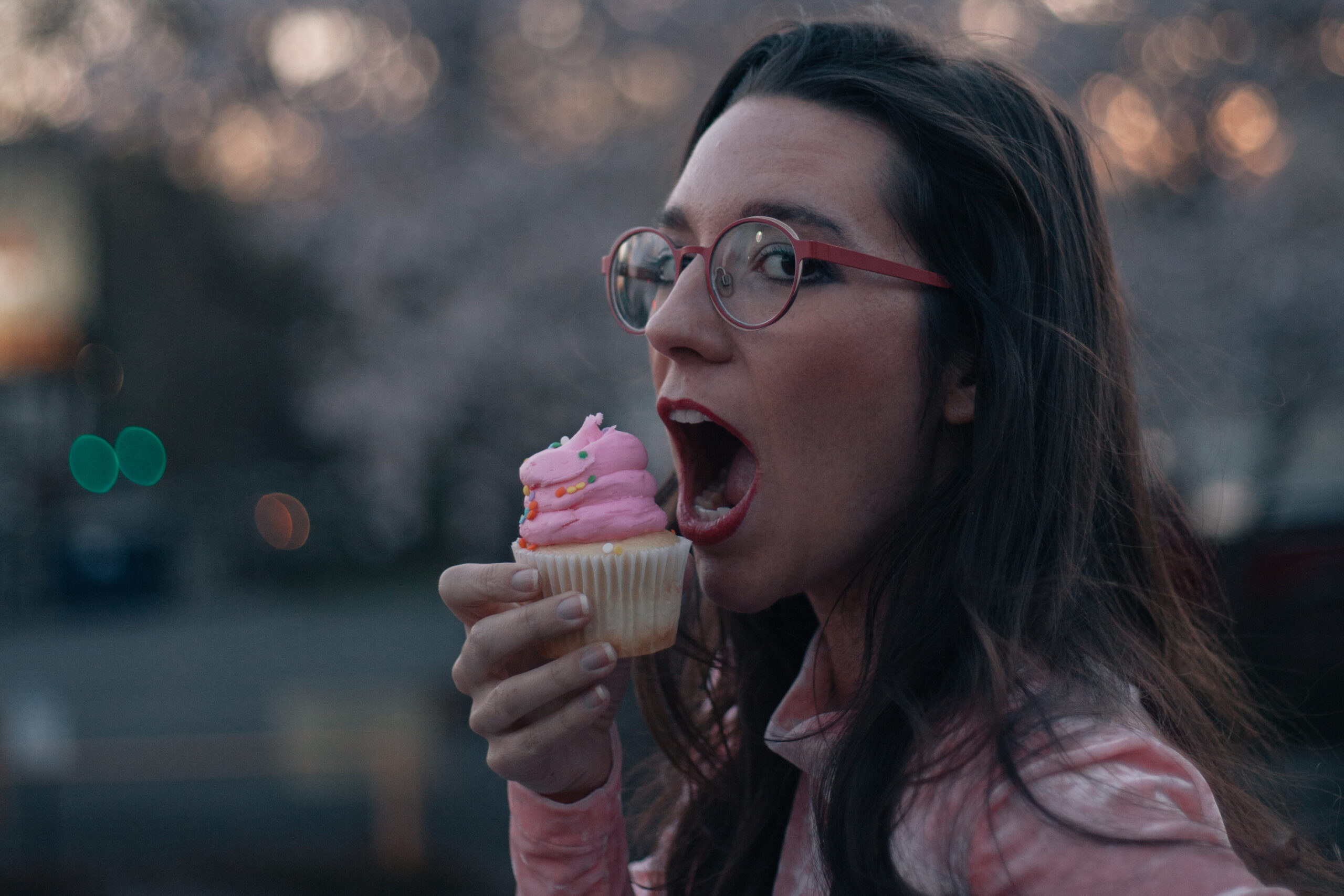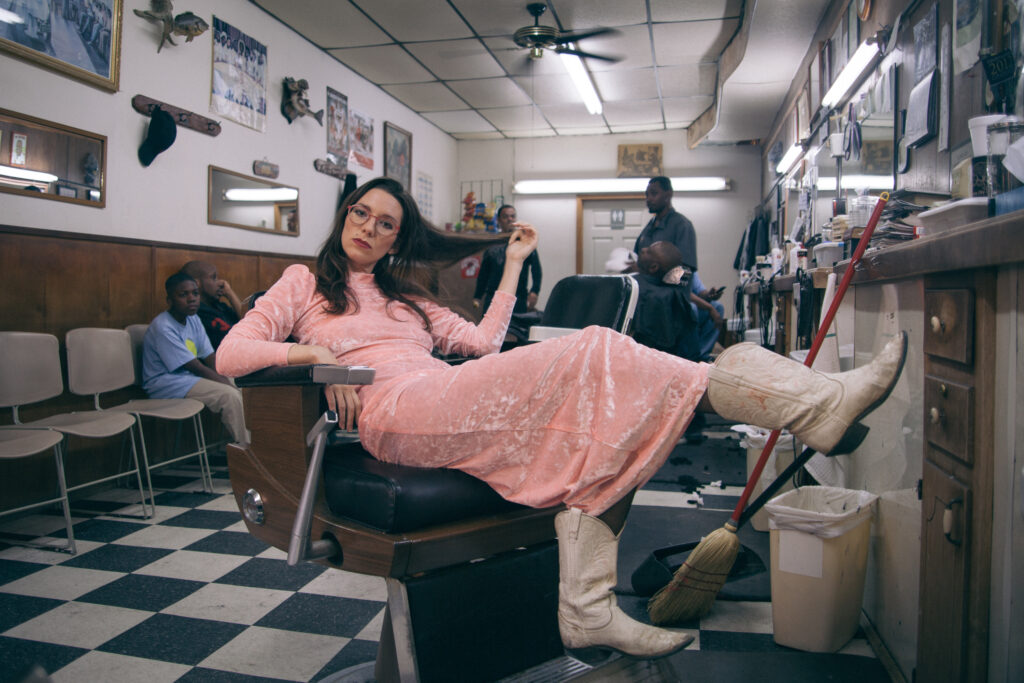
“I’m Boyfriend. That’s who I am fully now. This is my job. This is my identity.”
Boyfriend is a former school teacher turned rapper from New Orleans who preforms a cabaret-style strip tease during her sets and says “fuck” a lot. She introduces herself to me with a hug as we meet for the first time at Athen’s famous Clocked diner (Boyfriend asked me if I minded starting our interview and photo session there so she could fulfill her “chocolate milkshake Athens tradition”).
We find seats at the high-top counter, and almost immediately our conversation mimics that of two friends who haven’t seen each other in a long time. Boyfriend patiently fills me in on the few details I couldn’t gather about her on the internet, and after a few minutes I realize she is not at all what I was expecting her to be. She’s relaxed and open, noticeably comfortable in her own skin – there is an edge to her but also a gentleness that makes you lower your own guard. “Do you have any regrets?” I asked pointedly. After a brief pause Boyfriend looks at me, “My gut instinct is ‘no,’ because you learn from everything. I have mistakes but not regrets.”
Early on in her career, Boyfriend chose not to reveal her real name to keep her private and personal lives separate and has chosen to stick with the alias since leaving her double life behind. “Initially I was working with kids and didn’t want those two lives to intertwine, but now that it’s started, why should anyone know my name?” she says with conviction. “I’m Boyfriend. That’s who I am now fully, now that I’ve quit that job. This is my job. This is my identity.”
I also discovered how much of a role Boyfriend’s English contributes to her writing. “With rap, especially, all of the pressure is on the words. A regular song is like a pistol, and a rap song is like an AK-47, because you have so many more words in a three-minute period than you have in a basic song. There’s a lot more that you can pack in. You’re also using a lot of English literature tools in it, like alliteration or internal rhyme. When I talk about rap songs, or music in general, I use the same terms. I think about songs as stories with the same narrative structure, with a main character, with a voice, either first person, second person. Typically rap is in first person. Also, I think of the hook of the song as the main idea. If the song is an essay, then the hook is a thesis, your statement that everything points back to. If the song veers off and doesn’t stay true to that hook, then it’s not as strong, to me. I like to look at songs as tightly packed nuggets of information and stories. Also, I don’t play an instrument, so I’m not a ‘musician.’ I deal with words, and I’m trying to expand that part of myself a little bit more. I do incorporate melody and syncopation and rhythm, but I don’t sit down and play the drums or play guitar. I approach music as concept, idea, theme, what do I want to say philosophically. Then employ instruments to help get that across, whereas other musicians would approach it the exact opposite way. They build something out of sound and find what words match the sound, whereas I do it the opposite.”
In the end “the work,” as she refers to her rap career, is to empower women, even though Boyfriend doesn’t box herself into the role of a “feminist rapper.” “There’s this semi-famous story that William Faulkner was writing, not fantasy but really ‘out there’ short stories that had nothing to do with his history. One of his peers was like, ‘Write what you know.’ That’s when he started writing some of the greatest southern literature of all time, because he was writing what he knew about. For me, I know what its like to be a woman, so that’s where I speak from.”
Even though sometimes speaking from that place lands her in awkward situations. “What I want to do is to create a safe atmosphere during my shows. It’s about breaking down this invisible fourth wall between who is on stage and who isn’t and making connections. I make eye contact. I spend my whole set trying to build a connection with people in the audience, so when they come over to the merch table afterwards and offer to fuck me, I can’t get that mad. Because I just spent all this time trying to make them feel comfortable, so it’s really just about boundaries. It doesn’t freak me out or make me feel uncomfortable. The only thing I am not okay with is someone touching me without permission or following me, and that’s not ever happened. If anything, it opens up a dialogue, and that’s good because so often people are afraid to just talk…at the very least that’s kind of what I’m going for – for people to just not be so scared…I’m the type of girl that high fives a dude that comes onto me with a bad line. I might not be interested in banging, but that took balls, dude! Bring it on.”
